In the world of sustainable building materials, lightweight concrete stands out as a revolutionary option that combines eco-friendliness with high performance. Dekko’s lightweight concrete products exemplify this blend, offering numerous environmental benefits that make them a smart choice for eco-friendly construction projects.
Reduced Carbon Footprint
One of the primary advantages of using lightweight concrete is its significantly lower carbon footprint compared to traditional concrete. Dekko’s proprietary concrete is less than half the weight of regular concrete, which translates to reduced material usage and lower transportation emissions. This weight reduction is not just about ease of handling; it directly impacts the amount of CO2 emitted during the manufacturing and transport processes, making lightweight concrete a greener alternative.
Efficient Use of Resources
Lightweight concrete’s composition often includes recycled materials, which helps in conserving natural resources and reducing waste. By incorporating industrial by-products, lightweight concrete utilizes materials that would otherwise contribute to landfill waste. This resource efficiency underscores the importance of lightweight concrete in promoting sustainable building practices and supporting a strong economy.
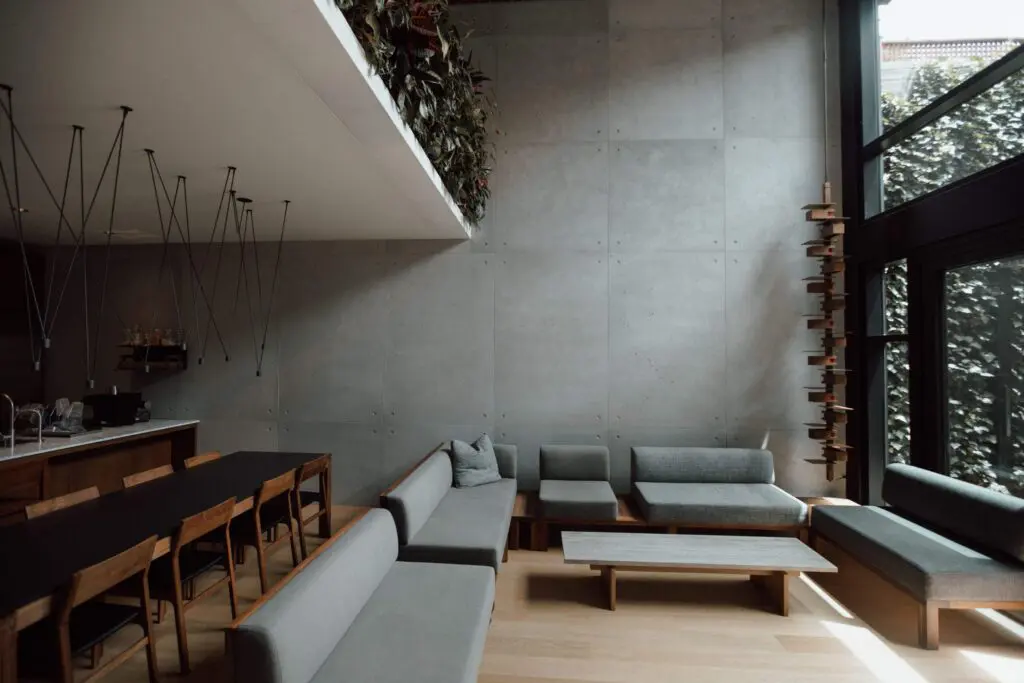
Energy Savings in Buildings
The thermal properties of lightweight concrete contribute to improved energy efficiency in buildings. Its insulating characteristics help maintain indoor temperatures, reducing the need for heating and cooling. This translates to lower energy consumption and reduced greenhouse gas emissions over the building’s lifespan. Dekko’s lightweight concrete cladding, for example, can significantly enhance the thermal performance of a structure, leading to sustainable energy savings.
Durability and Longevity
Durability is a cornerstone of sustainable construction, and lightweight concrete excels in this aspect. Dekko’s lightweight concrete is engineered to resist weathering and retain its structural integrity over time. This durability reduces the need for frequent repairs or replacements, thereby conserving resources and minimizing environmental impact. Long-lasting building materials like lightweight concrete support the principles of sustainable construction by ensuring that structures remain safe and functional for extended periods.
Versatile Applications
The versatility of lightweight concrete extends to a wide range of applications, both indoors and outdoors. Whether used for cladding, fire pits, or architectural features, Dekko’s products offer design flexibility without compromising on sustainability. Lightweight concrete can be used to create dynamic and aesthetically pleasing facades, feature walls, and custom design elements that enhance the environmental performance of any building.
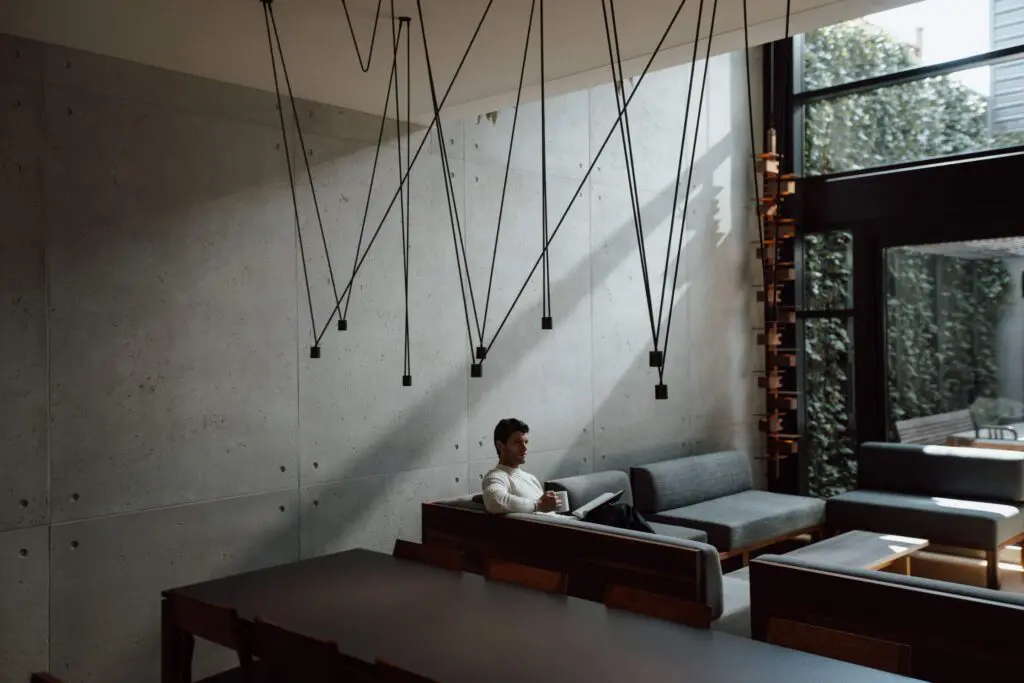
Embracing lightweight concrete in construction projects offers numerous environmental benefits that align with the goals of green building. From reducing carbon emissions and conserving resources to enhancing energy efficiency and durability, lightweight concrete is a sustainable building material that meets the demands of modern eco-friendly construction. Dekko’s commitment to innovation and quality in lightweight concrete products ensures that builders and architects can create sustainable, beautiful, and resilient structures for the future.

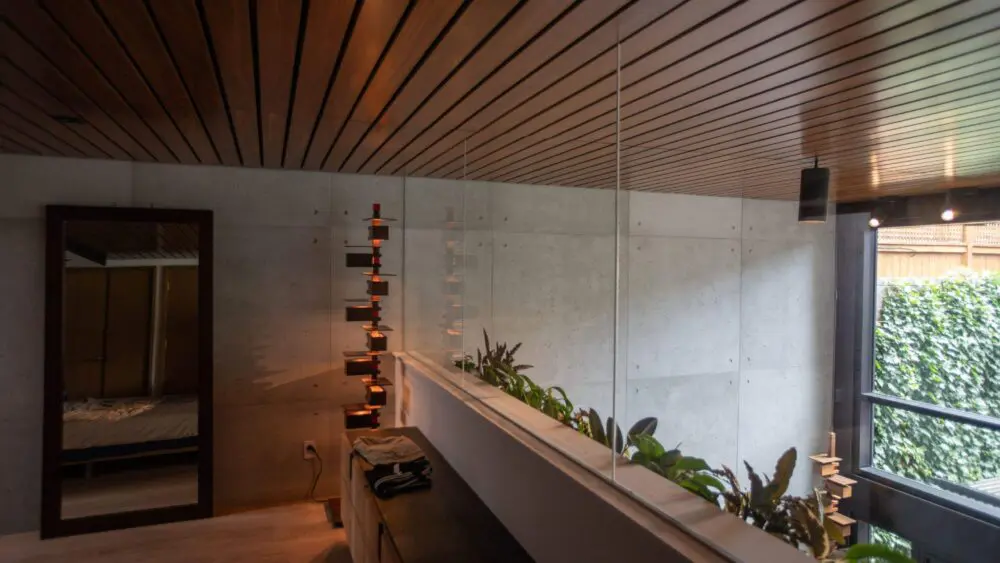
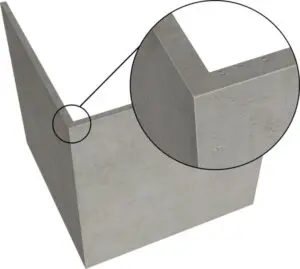
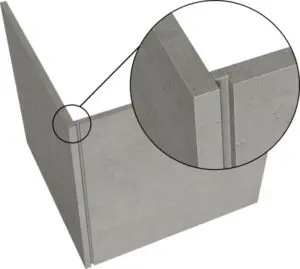
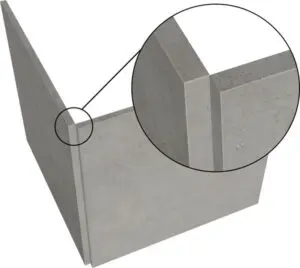
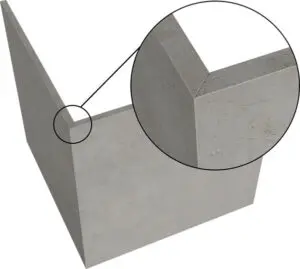
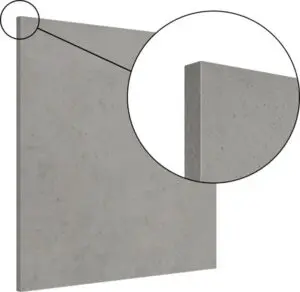
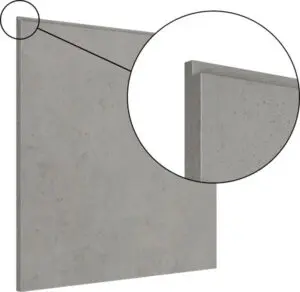
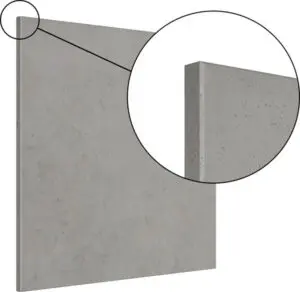
Comments are closed.